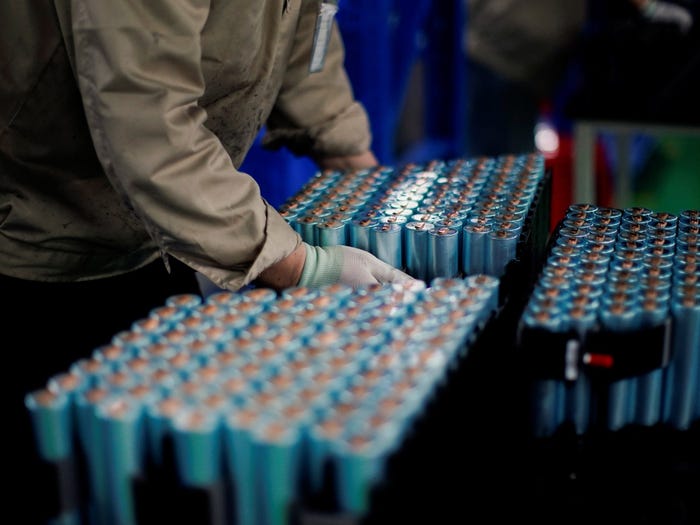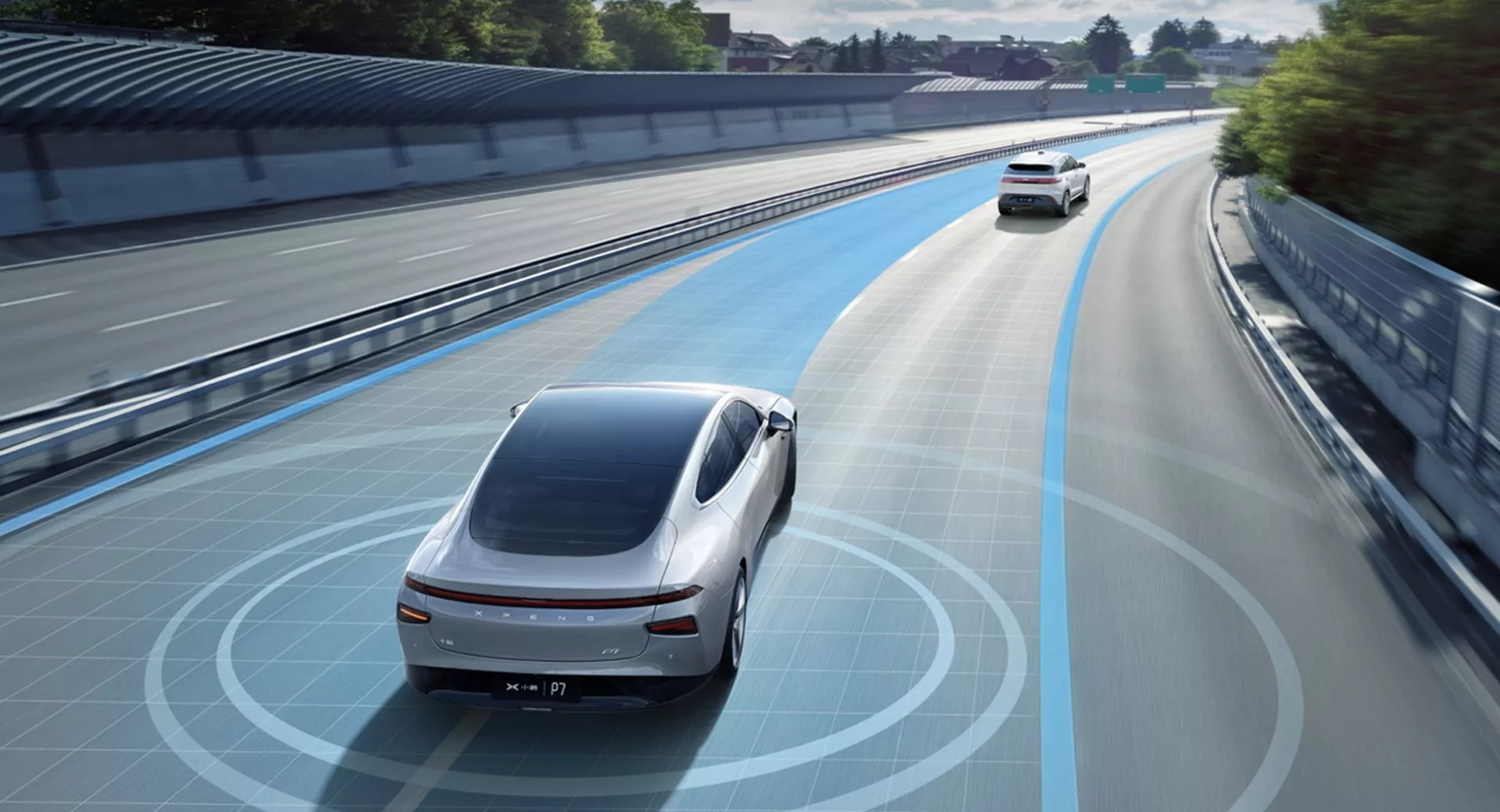The United States and Japan have announced a new trade agreement focused on electric vehicle battery minerals. The deal aims to strengthen the two countries’ battery supply chains while granting Japanese automakers wider access to a new $7,500 U.S. EV tax credit. This credit is part of last year’s climate-focused Inflation Reduction Act, which seeks to reduce dependence on fossil fuels.
The agreement prohibits the two countries from enacting bilateral export restrictions on minerals critical for EV batteries, including lithium, nickel, cobalt, graphite, and manganese. By working together to combat “non-market policies and practices” of other countries in the sector, the U.S. and Japan hope to reduce their dependence on China for these materials.
See also: US and EU Negotiate Agreement on Critical Minerals for Electric Vehicle Batteries
The U.S. is offering the $7,500 tax credit to incentivize the purchase of EVs. Half of the credit is reserved for North American-assembled vehicles and batteries, which has caused tension with the European Union, Japan, and South Korea. The other half of the credit is contingent on at least 40% of the value of critical minerals in the battery having been extracted or processed in the United States or a country with a U.S. free trade agreement, or recycled in North America.
Japan has been working with the United States to sign the agreement, with trade minister Yasutoshi Nishimura calling it an “urgent issue.” Nishimura believes that EVs made with minerals mined or processed in Japan will meet the tax exemption requirements under the U.S. act. However, it is ultimately up to the U.S. Treasury to define sourcing requirements for the EV tax subsidies.
The agreement includes provisions to promote labor rights and recycling in their battery mineral supply chains, and the two countries have agreed to review the deal every two years to determine whether it is appropriate to terminate or amend it.
U.S. Trade Representative Katherine Tai expressed excitement about the new agreement, saying, “Japan is one of our most valued trading partners, and this agreement will enable us to deepen our existing bilateral relationship. This is a welcome moment as the United States continues to work with our allies and partners to strengthen supply chains for critical minerals, including through the Inflation Reduction Act.” The U.S. Trade Representative does not intend to seek approval by Congress for the minerals trade agreement because it falls under the agency’s authority to negotiate sectoral trade agreements at the executive level.







